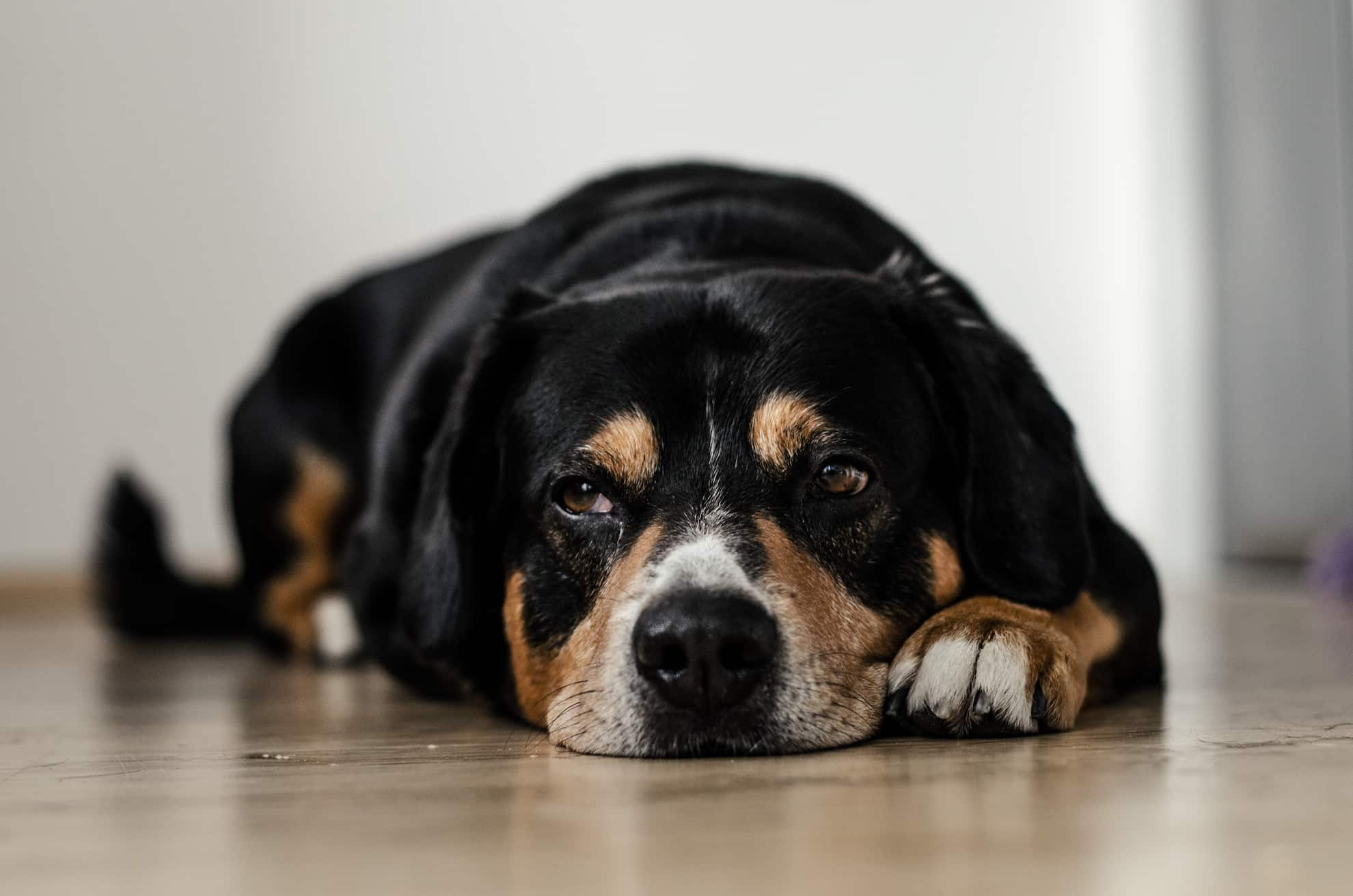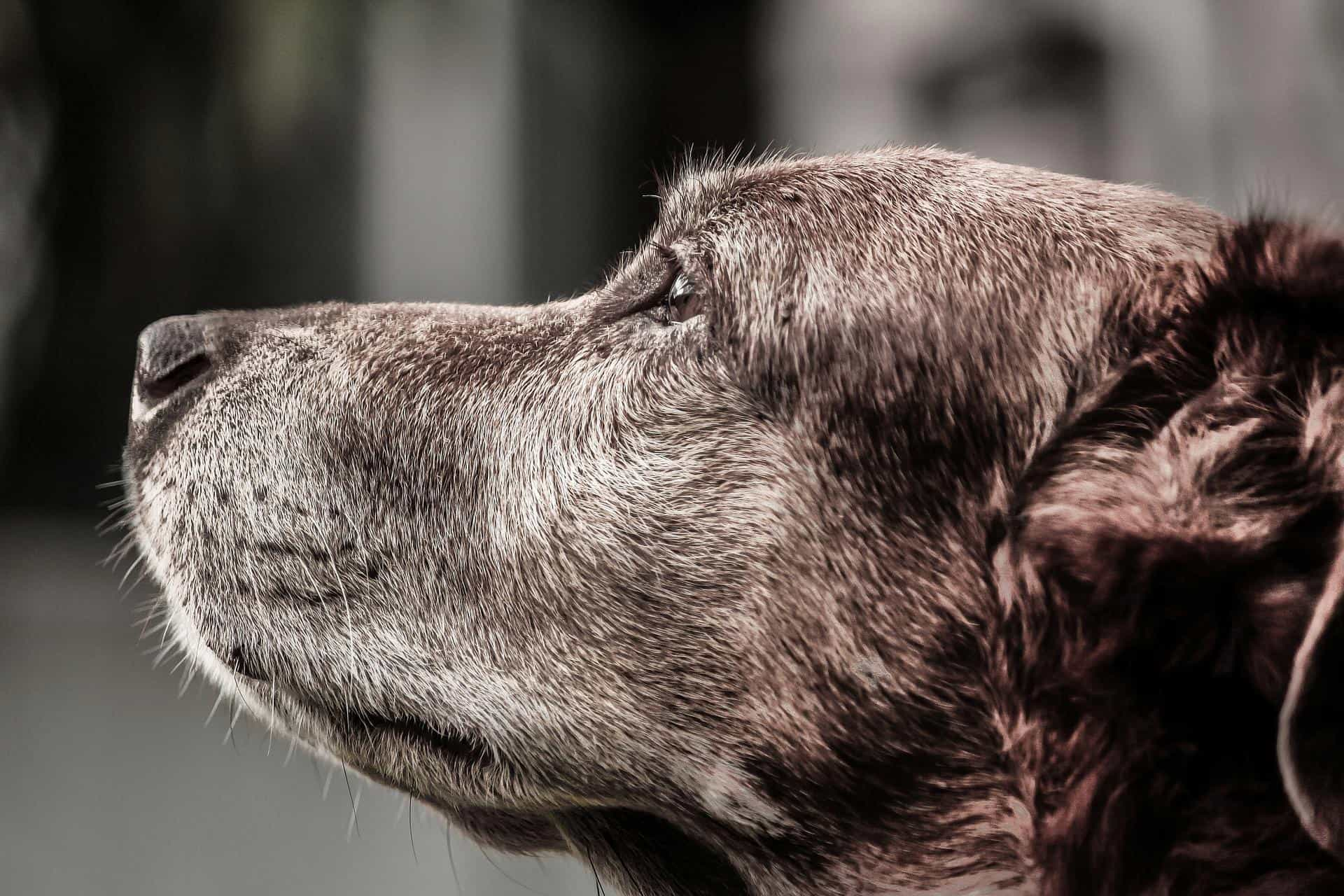Table of Contents
Overview | Visit Your Vet | Comfort | Hygiene | Diet | Medications | Stress | Weight
Summary:

It's never easy to say goodbye to a furry friend. But when the time comes, you want to make sure you're providing the best possible care for your dog during their final days. Here are 8 tips on how to provide end-of-life care for your dog, so they can enjoy their remaining time to the fullest.
Visit Your Veterinarian Regularly
Check-ups and routine vaccinations are important for all dogs, but they become especially critical as your furry friend starts to age. Older dogs are more prone to developing health problems, so it’s important to have them checked out by a professional on a regular basis. Your vet can also offer guidance on how to care for your aging dog at home. Some professionals like Better Vet offer services such as in-home euthanasia to make the process as smooth and stress-free as possible for both you and your dog. Just make sure you find a reputable professional to avoid any added stress or anxiety during this difficult time.
Keep Them Comfortable
As your dog enters their golden years, you may notice they start to slow down. They may not be as interested in walks or playing fetch, and they may spend more time napping. This is all perfectly normal. Just like humans, dogs experience a natural decline in energy and activity levels as they age. And as they age, they may become more attached to their routines and the things that are familiar to them. If possible, keep their routine as normal as possible. This means walks at the same time each day, meals at the same time, and consistent sleeping arrangements.
Keep Their Coat Clean and Brushed
One of the most important things you can do for your dog during its end of life is to keep its coat clean and brushed. A dog's coat can become matted and tangled, especially if they are not groomed regularly. This can cause your dog discomfort and may even lead to skin irritations. Brushing your dog's coat will help to remove any dirt, debris, or tangles and will make them more comfortable. And will also help to keep their skin healthy.
Keep Their Mouth Clean
One of the most important things you can do for your dog during their end-of-life care is to keep their mouth clean and free from infection. This can be done by brushing their teeth regularly and using a pet-safe oral rinse or gel. You can use a cotton ball soaked in warm water to wipe down their gums and tongue and make sure to get the back teeth where most of the tartar builds up. If your dog is no longer able to tolerate having their teeth brushed, you can use a pet-safe dental wipe or gel to help keep their mouth clean and free from infection.
Keep Them Nourished
As your dog enters their golden years, its nutritional needs change. Their metabolism slows down and they may become less active, meaning they don't need as many calories. At the same time, their ability to absorb nutrients from food decreases. This is why it's so important to choose a high-quality senior dog food that is tailored to their needs. There are a few things to keep in mind when choosing food for your senior dog.
First, make sure the food is appropriate for their life stage. Many commercial dog foods are now available in both puppy and senior formulations. Senior formulas typically have fewer calories and more fiber to help with weight control and digestion.
Stay on Top of Their Medications
It's important to keep your dog on a regular schedule when it comes to their medication. This means giving them the proper dosage at the right time every day. If you're unsure about how to do this, talk to your veterinarian. They can help you create a schedule that works best for your dog. In addition, it's important to monitor your dog's condition closely when they're on medication. Watch for any changes in their behavior or appearance. If you notice anything unusual, be sure to contact your vet right away.
Keep Their Stress Levels Low
One of the most important things you can do for your dog as they approach the end of their life is to keep their stress levels low. This can be a difficult task, as your dog may be experiencing a lot of changes and may be in pain.
However, there are some things you can do to help reduce your dog's stress levels. Massage therapy and aromatherapy can both be helpful in reducing stress, as can spending time with your dog in calming activities such as walks or grooming. You should also try to avoid any stressful situations, such as taking your dog to the vet or groomer when they are not feeling well. If you are unsure of how to keep your dog's stress levels low, speak to your veterinarian for more advice.
Keep Them at a Healthy Weight
As your dog nears the end of its life, you may notice that they start to lose weight. This is normal and can be caused by a number of factors, including a decrease in appetite and a decreased ability to absorb nutrients. If your dog is losing weight, talk to your vet about ways to help them maintain their weight. If your dog is carrying around a few extra pounds, talk to your vet about a weight-loss plan. A healthy diet and exercise program can help them slim down safely and improve their quality of life.

By following these eight essential tips, you can provide your dog with the best possible care as they approach the end of their life.
